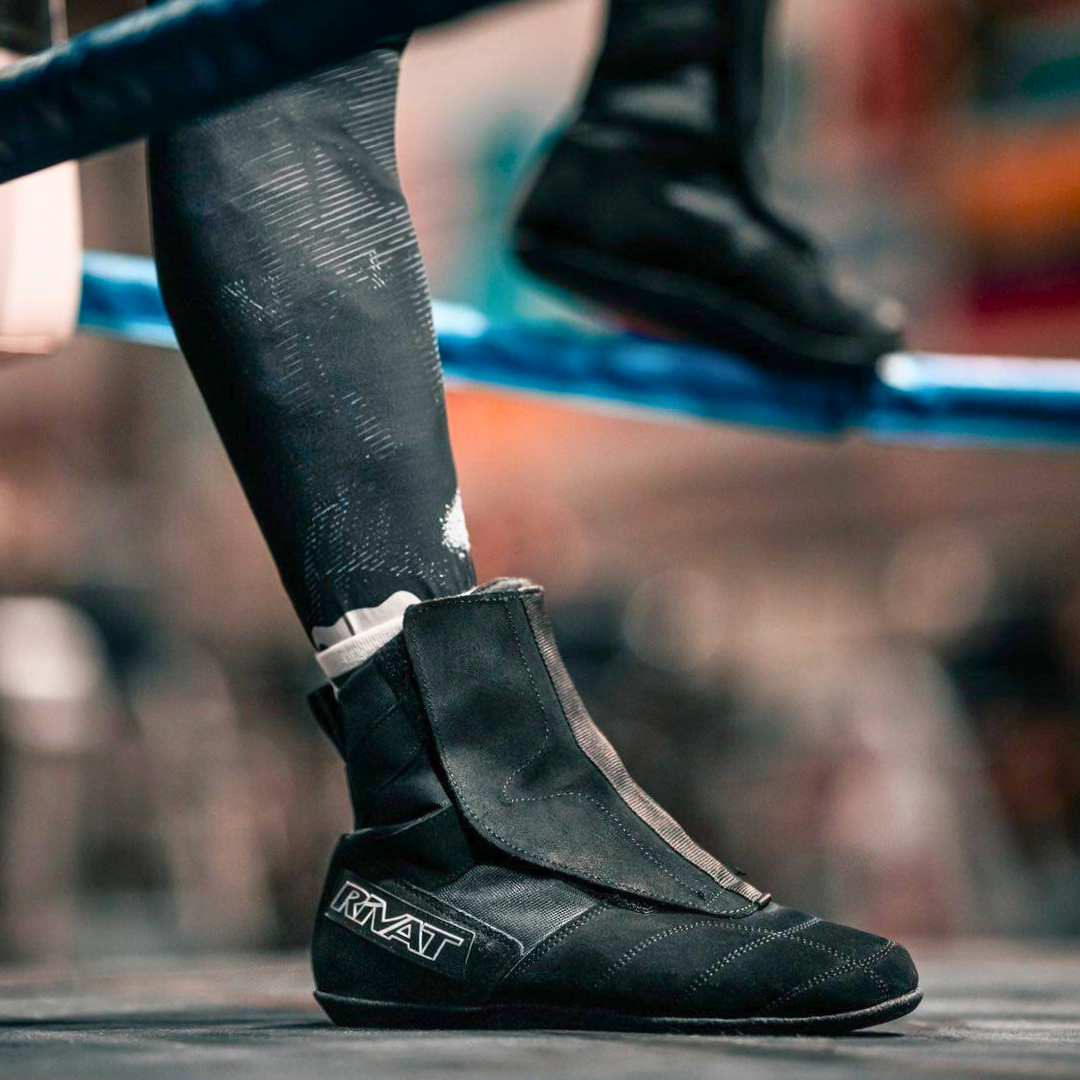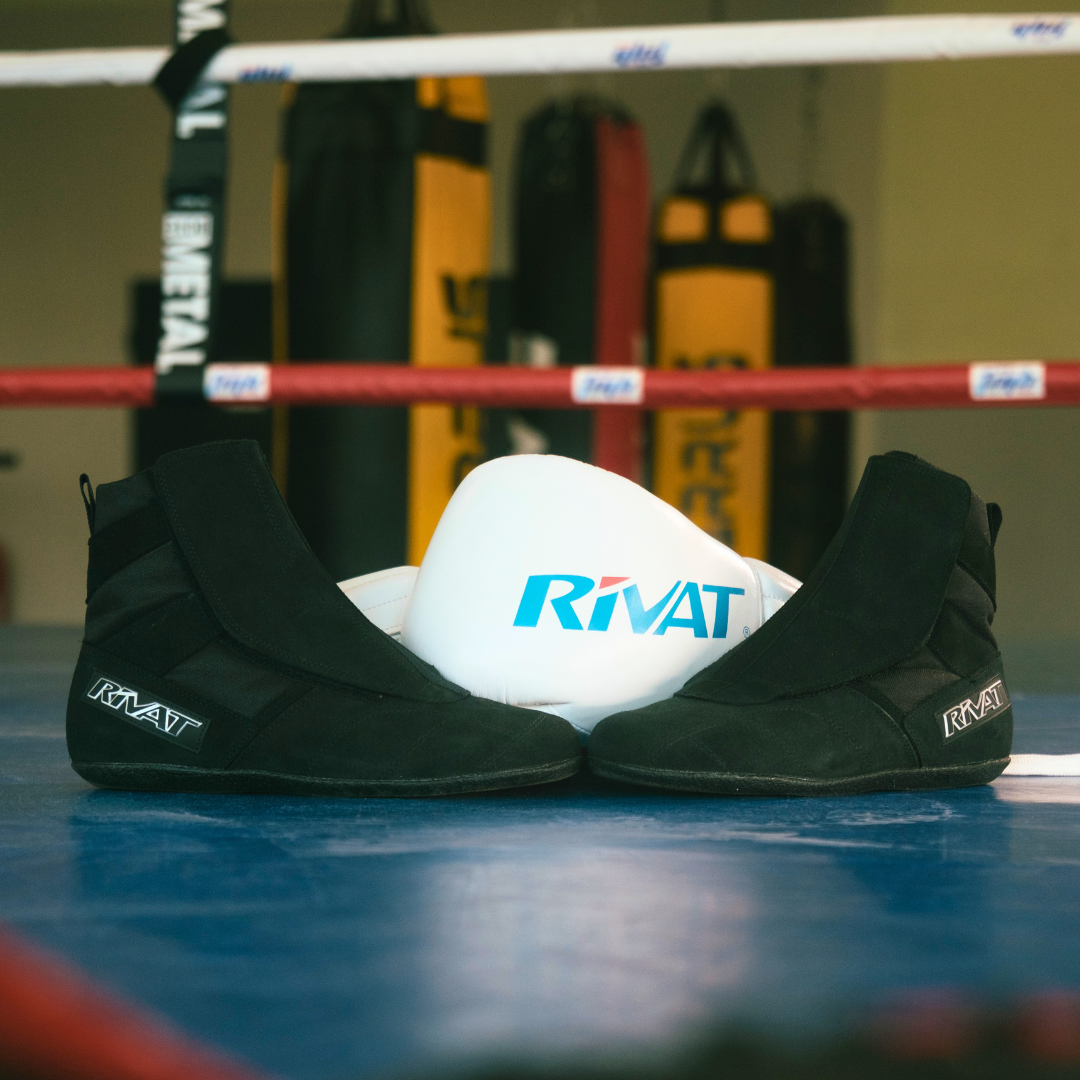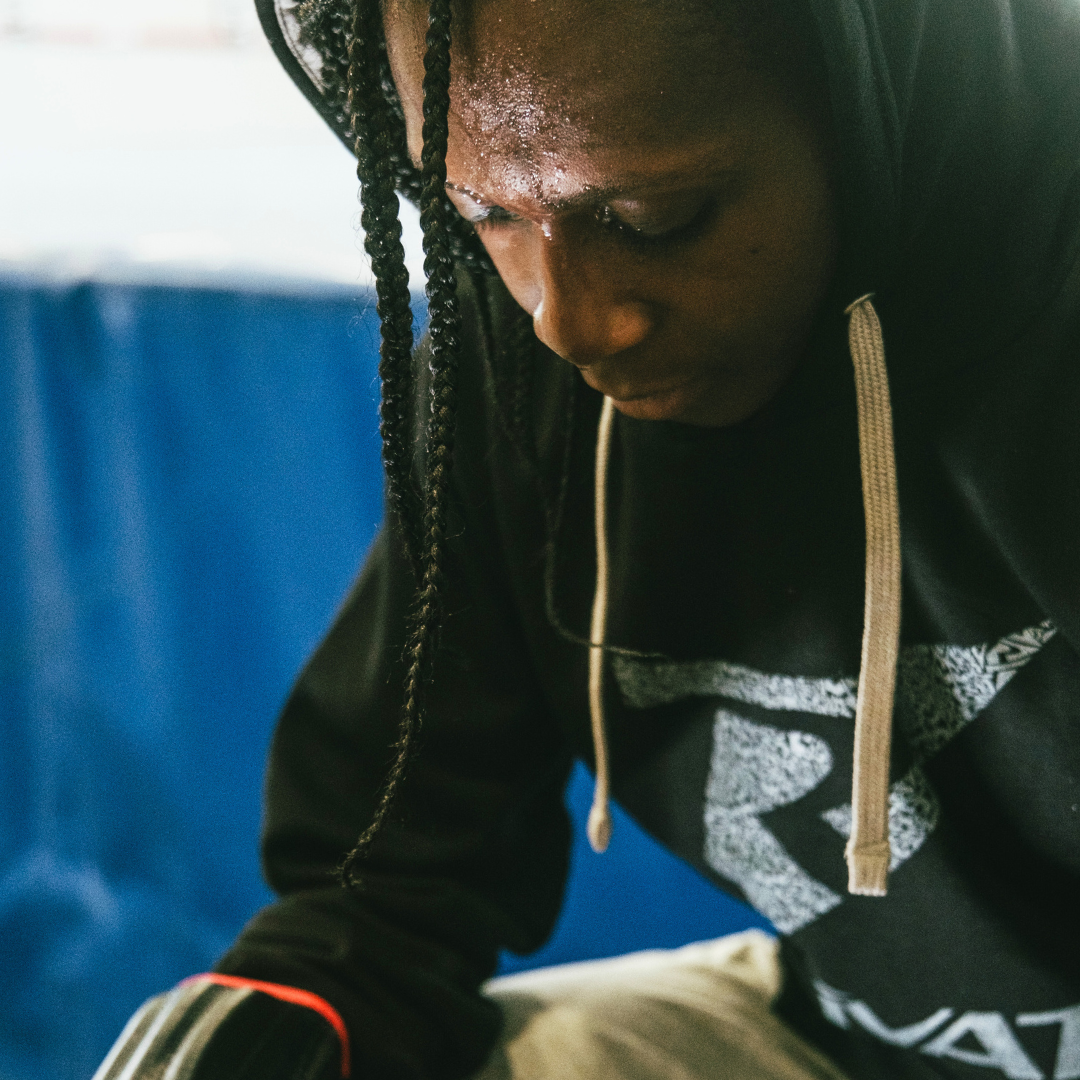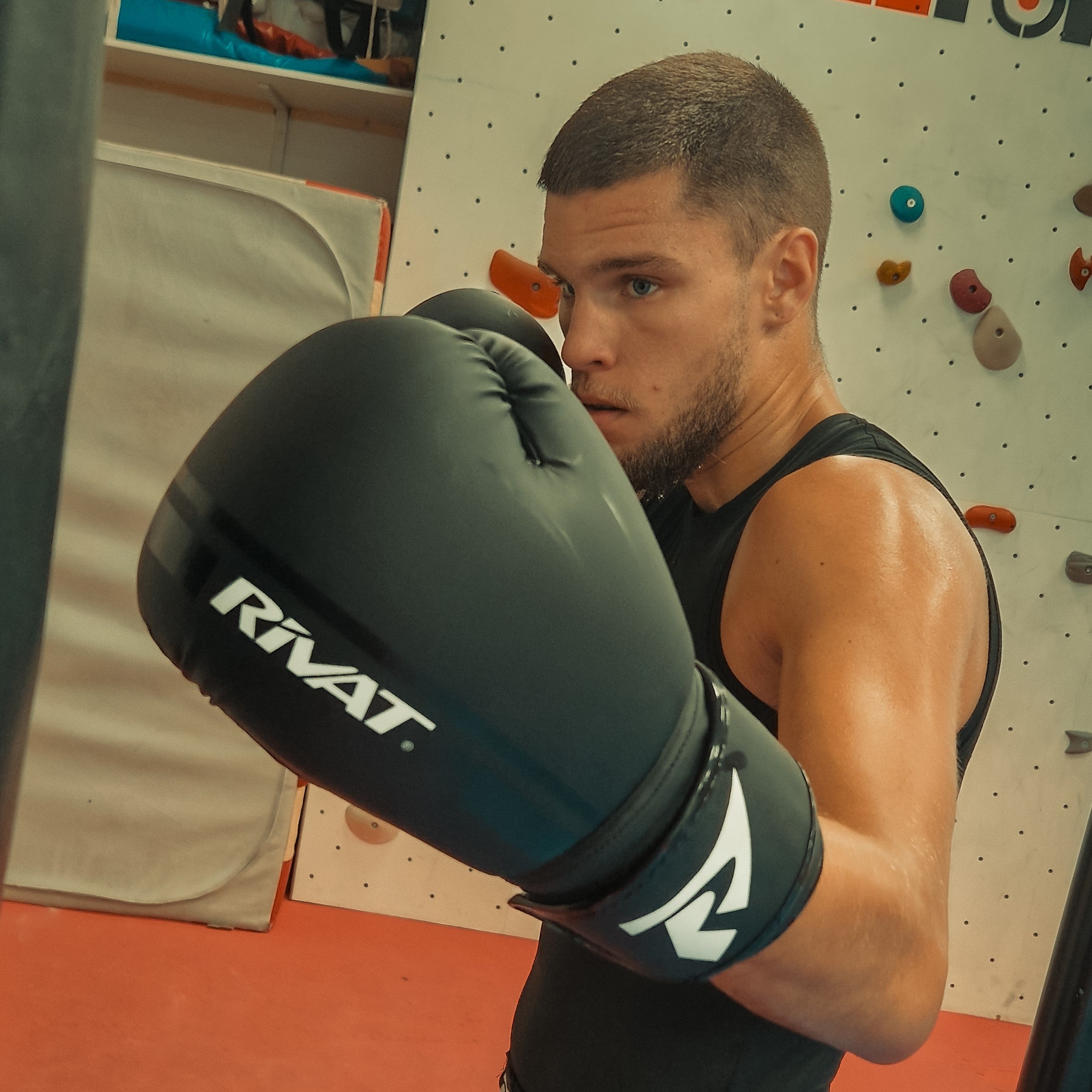1. Understanding Real Combat Scenarios
1.1. Types of Combat Scenarios
Real combat scenarios can vary greatly. It is important to prepare for different types of situations:
- Fighting against an Agile Opponent : Fast attack, frequent dodges.
- Fighting a Powerful Opponent : Powerful blow, sturdy defense.
- Long Duration Combat : Endurance, energy management.
1.2. Importance of Preparation
Preparing for different scenarios helps you:
- Anticipate the Opponent's Movement : Read the opponent's intentions and react accordingly.
- Adapt your Techniques : Adjust your strategies and combinations for each specific situation.
- Maintain Focus : Stay focused even when combat conditions change rapidly.
2. Preparation Techniques for Combat Scenarios
2.1. Analysis of Adversaries
Studying your potential opponents is crucial for effective preparation:
- Observation : Watch videos of your opponents' fights or training sessions to analyze their strengths and weaknesses.
- Tactics Study : Identify common tactics used by your opponents and develop counter-strategies.
2.2. Simulation of Scenarios in Training
Simulating real-life fight scenarios in training better prepares you for the ring:
- Specific Sparring : Work with partners to simulate fights against opponents of different styles.
- Scenario Drills : Perform drills incorporating specific elements of combat scenarios, such as quick attacks or strong defenses.
2.3. Training of Reactivity and Adaptability
Develop your responsiveness and your ability to adapt quickly:
- Reflex Exercises : Use tools like bouncy balls or pads to improve your reflexes.
- Real-Time Training : Practice techniques in real-time to improve your ability to react to rapid changes during combat.
3. Specific Exercises for Combat Scenarios
3.1. Combination of Attacks and Defenses
Practice quickly chaining attacks and defenses to simulate real combat:
- Exercise : Perform combinations of attacks followed immediately by defenses or dodges.
- Objective : Improve the fluidity and speed of transitions between attacks and defenses.
3.2. Simulation of Stress Situations
Train yourself to handle the stress and pressure of real combat:
- Exercise : Engage in intense sparring sessions where the emphasis is on stress management and focus.
- Objective : To develop the ability to maintain calm and precision even under pressure.
3.3. Fitness Training
Optimal physical condition is essential to face different scenarios:
- Exercise : Incorporate cardio, strength training and endurance work into your workout routine.
- Goal : Improve your endurance, strength and recovery capacity.
4. Strategies for Success in Real Combat Scenarios
4.1. Energy Management
Learn how to manage your energy throughout the fight:
- Strategy : Avoid wasting energy on unnecessary movements and focus on effective attacks.
- Tip : Use quiet moments to recover and plan your attacks precisely.
4.2. Real-Time Adaptation
Be prepared to adjust your strategies based on your opponent's actions:
- Strategy : Watch for changes in your opponent's fighting style and adjust your techniques accordingly.
- Tip : Practice mental flexibility to quickly adapt to changing combat conditions.
4.3. Post-Combat Analysis
Analyze your performance after each fight to improve your skills:
- Strategy : Review videos of your fights and identify strengths and areas for improvement.
- Tip : Get feedback from your coaches and partners to adjust your preparation and techniques.
5. Common Mistakes to Avoid
5.1. Lack of Specific Preparation
Not preparing specifically for different scenarios can reduce your effectiveness:
- Mistake : Not adapting training to suit different opponent styles.
- Correction : Include varied and specific simulations in your training.
5.2. Stress and Tension
Letting stress or tension affect your performance can be detrimental:
- Mistake : Getting overwhelmed by stress during combat.
- Correction : Practice stress management techniques and stay calm under pressure.
5.3. Neglect of Physical Condition
Insufficient physical condition can limit your performance:
- Mistake : Ignoring the importance of physical training outside of technical sessions.
- Correction : Incorporate regular fitness exercises to improve your overall performance.
Conclusion
Preparing for real-life fight scenarios in French boxing requires a methodical and strategic approach. By following the tips and exercises described in this article, you can develop a better understanding of different fight scenarios, improve your reaction techniques, and strengthen your physical condition. Continue to train in a varied manner and adjust your strategies to excel in the ring and successfully face any challenge.








